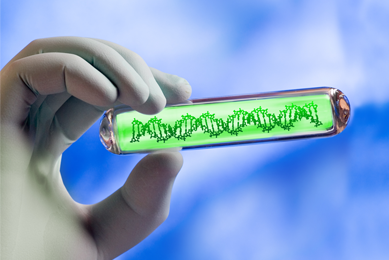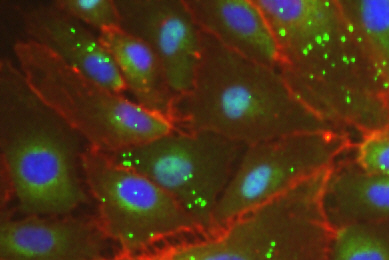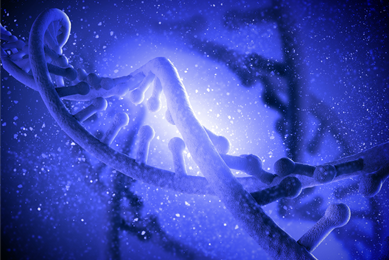Why it’s important
Not only is cell authentication required by government agencies, such as the National Institutes of Health (NIH) for grant funding, by scientific journals for publication, and for investigational new drug (IND) applications, but working with authenticated cells also can protect your research. Many scientists may not be aware of these requirements and will rely on cells banked in their department’s tank. Do you really know where these banked cells came from and when and who banked them? If you are not sure of their origins, then they may be misidentified or cross-contaminated. Sharing cells may seem like a quick and inexpensive solution to stretched budgets, but these savings may put your research and reputation at risk.
What’s the solution?
• Purchase authenticated cell lines from a reputable supplier such as ATCC and begin your research with confidence• Test your existing cell lines regularly to be sure they are not cross-contaminated or misidentified before you begin your research
How we can help
We have an extensive cell biology collection of authenticated cell lines. We follow strict quality control protocols in all our cell manufacturing, storage, and shipping processes. When you order cells from us, you will receive thoroughly tested cell lines along with additional product data.
If you plan to work with existing cells you have on hand, test them. Don’t skip this step! We offer STR profiling testing kits for human cell authentication to establish a DNA fingerprint or confirm your cell line identity. Additionally, we offer a mouse STR assay service that validates the authenticity of mouse cell lines and detects contamination by human and African green monkey DNA. We also have a mycoplasma testing service.
Use ATCC cell lines and test your cell lines regularly according to this guide:
• When you receive a cell line into your laboratory
• After 10 passages
• After preparing a cell bank
• When in doubt
Did you know?
ATCC has a collection of over 4000 authenticated cell lines.
Advancing Authentication - A Case for Credibility in Science
Dive into cell authentication
 Blog
Blog
Short Tandem Repeat (STR) Profiling Is Essential
Authenticate your cell line using STR DNA profiling on an ongoing basis to protect your research results and your reputation.
More Webinar
Webinar
Cell Line Authentication: Protect Your Research and Reputation
This webinar discusses measures you can take to help protect your research by using ATCC’s portfolio of authentication services and products, including human and mouse STR profiling, mycoplasma detection, and cytochrome 1 oxidase barcoding for species identification.
More
Authentication
Patient outcomes depend on accurate diagnostic assays. Discover why advanced biological models are essential for the development and validation of diagnostic tools.
More